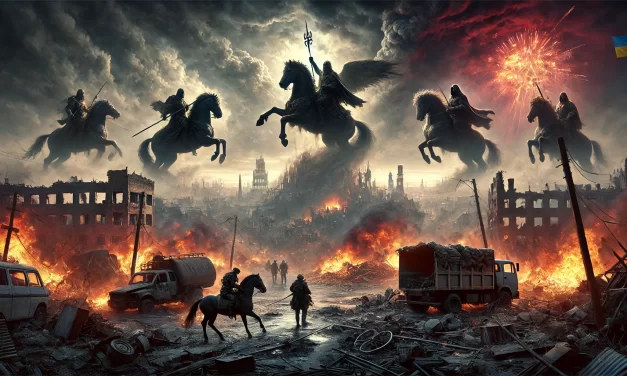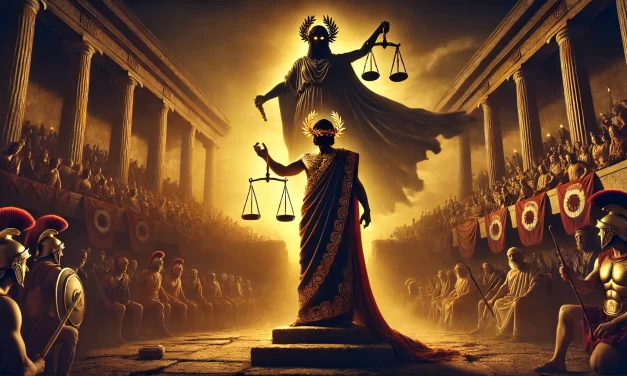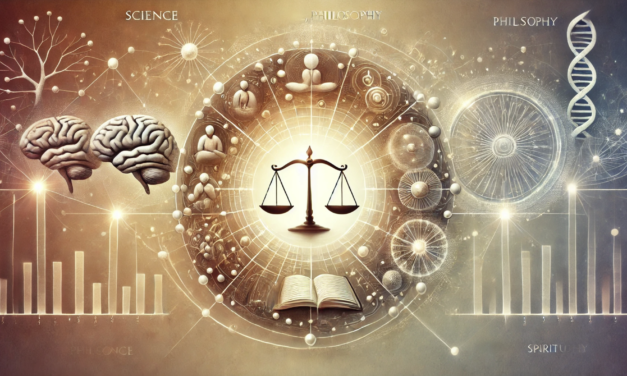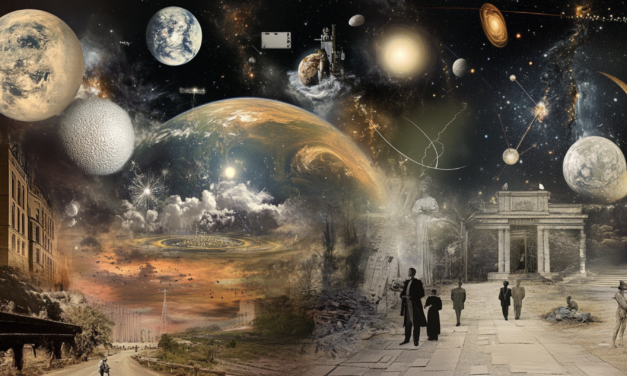Beyond Babylon: A Spiritual-Political Vision for the Age of Transformation
Revelation is not a prophecy of destruction but an unveiling—a call to move beyond empire’s illusions into a conscious, interconnected future. Beyond Babylon reinterprets apocalypse as transformation, offering a vision for governance, economy, and spirituality rooted in relational responsibility, planetary ethics, and the co-creation of meaning.
Read More





